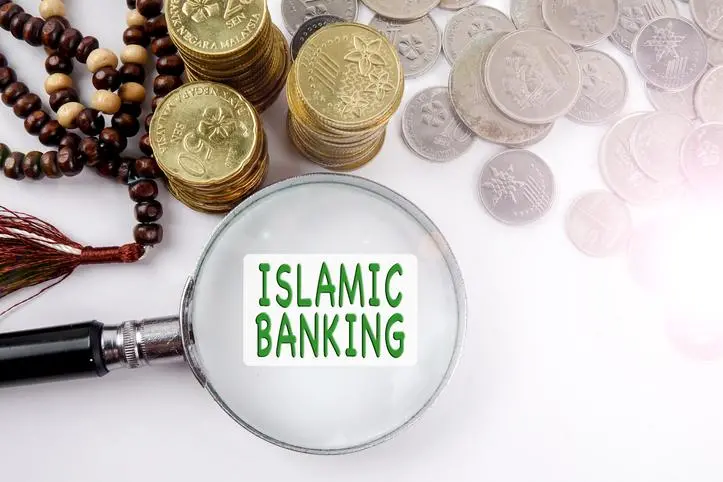PHOTO
Very intense competition and the weak performance of some key sectors such as travel, hospitality, and retail will likely weigh on growth prospects and earnings of Islamic (takaful) insurers this year, according to S&P Global Ratings.
While the ratings agency has a broadly stable outlook on the sector for the next 12 months, if the “risks related to the pandemic persist, we could take rating actions in the event of a sharp decline in asset prices, unexpected and severe technical losses, or governance and internal control failures.”
There is likely to be an economic recovery in the GCC in 2021, mainly due to the increase in oil prices, said S&P Global Ratings which recently revised its oil price assumption to $65 per barrel for 2021 from $60 previously. While this would be supported by the vaccine rollout, the slow pace of the program in some parts of the world and new variants could dampen the recovery, the agency said in a report.
An uneven recovery, ongoing cost-saving measures in many industries, and a shift to less (business) travel has further increased the pressure in key sectors such as real estate, retail, transportation, and hospitality. “We believe these factors, combined with very intense competition in the insurance sector, are weighing on growth prospects for gross written premiums/contributions of Takaful insurers, which recorded a modest increase of about 1.5 percent in 2020 and about 1.0 percent in first-quarter 2021 according to our calculations.”
Downward trend to continue
Crucially, very high competition in the overcrowded GCC insurance industry will continue to weigh on earnings in 2021, it added.
In Saudi Arabia's insurance sector, more than one-third of insurers continue to report losses, despite a recent improvement in profitability. Pressure on solvency and certain regulatory incentives have led to mergers in Saudi Arabia over the past year and this trend is set to continue throughout 2021.
Slowing population growth across the GCC, ongoing pressure on rates, and a drop in new car sales by about 16 percent in Saudi Arabia and 35 percent in the United Arab Emirates (UAE) and in other markets in the region in 2020 led to reduced insured values. “Based on current market conditions and first-quarter 2021 results, we expect this downward trend to continue throughout the year.”
In the UAE, home to the second-largest Takaful market in the GCC, there is a noticeable increase in consumer confidence due to higher oil prices, the rollout of vaccines, and changes in visa requirements to attract more talent.
A pickup in tourism and the start of Expo in Dubai in October 2021 could lead to additional business, “but we believe some of the larger conventional insurers will benefit more than many of the smaller takaful players.”
S&P Global also expects that gross written premiums/contributions will overall be relatively flat or even slightly decline in the remaining GCC markets in 2021, due to weaker demand.
(Writing by Brinda Darasha; editing by Daniel Luiz)
This article is provided for informational purposes only. The content does not provide tax, legal or investment advice or opinion regarding the suitability, value or profitability of any particular security, portfolio or investment strategy. Read our full disclaimer policy here.
© ZAWYA 2021




















